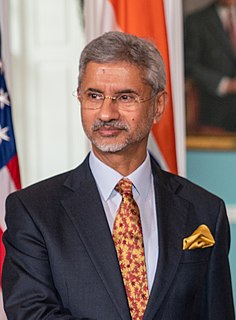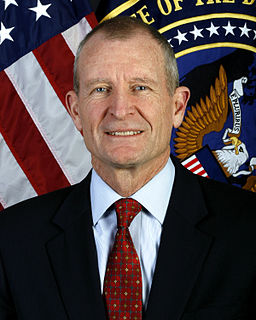A Quote by Bryant H. McGill
Extreme nationalism objectifies and dehumanizes those from other countries.
Quote Topics
Related Quotes
Whereas nationalism still seeks power, honour, and glory through means that endanger other countries, patriotism knows that a country's strength and honour can only be permanently safeguarded through concourse with other countries. And whereas nationalism scoffs at the idea of international laws and regulations, patriotism seeks to create such.
Patriotism is proud of a country's virtues and eager to correct its deficiencies; it also acknowledges the legitimate patriotism of other countries, with their own specific virtues. The pride of nationalism, however, trumpets its country's virtues and denies its deficiencies, while it is contemptuous toward the virtues of other countries. It wants to be, and proclaims itself to be, "the greatest," but greatness is not required of a country; only goodness is.
New Age values are conscious evolution, a non-sectarian society, a non-military culture, global sharing, healing the environment, sustainable economies, self-determination, social justice, economic empowerment of the poor, love, compassion in action, going beyond religious fundamentalism, going beyond nationalism-extreme nationalism, culture.
New Age values are conscious evolution, a non-sectarian society, a non-military culture, global sharing, healing the environment, sustainable economies, self-determinat ion, social justice, economic empowerment of the poor, love, compassion in action, going beyond religious fundamentalism, going beyond nationalism/ extreme nationalism culture.
Here is the difference, nationalism has a certain connotation in Europe, which is not necessarily positive, but I think in Asia, nationalism is seen very much as a sort of natural corollary to economic progress, almost like you're independent, you progress, you are prosperous and nationalism comes with all of that.

































